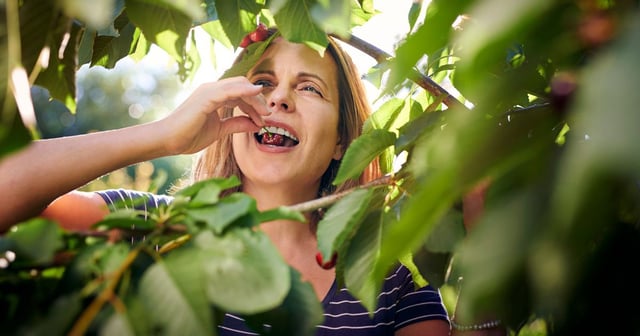Overview
- University of Kent researchers upcycled damaged or discoloured cherries into a pulp powder that in laboratory models protected against harmful processes linked to Alzheimer’s, including amyloid-β toxicity.
- The team attributed the effect to retained antioxidants such as anthocyanins and quercetin, reporting higher biological activity for the pulp powder than for juice, extracts or supplements.
- The work, published in the journal Antioxidants, combined detailed chemical analyses with inexpensive lab health models to assess potential relevance to human health.
- Evidence remains preclinical with no demonstrated benefits in people, and the researchers signalled plans for further research and potential scale-up of the approach.
- The project, conducted with RentACherryTree and funded by InnovateUK and Growing Kent & Medway, highlights a sustainable pathway to add value to agricultural by-products.
